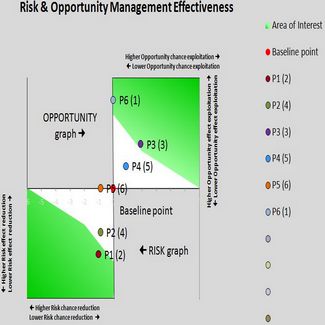
As vital financial professionals for the insurance industry and key players on the management team of corporations that deal with risk, actuaries design creative methods for reducing the likelihood and impact of undesirable events.
Daily Duties for Actuaries:
- Gathering statistical data and other financial information for further analysis on risk management with database software
- Estimating the probability and economic cost of an event, including death, illness, accident, or natural disaster
- Designing and administering life insurance policies, investments, retirement plans, and other business strategies to minimize risk as well as maximize profit
- Developing charts, diagrams, tables, and written reports to present calculations or policy program proposals
- Communicating their findings and proposals to government officials, company managers, shareholders, or consulting clients
Actuary Job Description
What do actuaries do? The vast majority of actuaries are employed at insurance companies, where they use their skills for designing policies and determining the premiums that should be charged for each policy for the highest profitability. However, actuaries can also be found working for private corporations, the federal government, universities, investment firms, public accounting firms, labor unions, fraternal organizations, rating bureaus, and private practices as consultants.
Most actuaries work full-time schedules during normal business hours, but around 30 percent are required to work more than 40 hours per week. While actuaries typically work in an office setting, those who are employed for consulting firms may need to travel frequently to meet individually with clients. During their workday, it is common for actuaries to work on teams that include managers, accountants, underwriters, and other financial advisors.
Skills Needed to Be an Actuary
Along with licensure and certification, it is typically required that actuaries have at least a bachelor’s degree in mathematics, actuarial science, statistics, or a similar analytical field with hands-on experience through internships. Due to the complexity of their daily calculations, it is essential that actuaries have strong background knowledge in economics, corporate finance, accounting, applied statistics, mathematics, business strategies, and probability.
In order to be successful as an actuary, individuals must possess also possess strong analytical skills for identifying trends in complex data, communication skills for explaining complex technical matters, computer skills for using statistical data tools, and problem-solving skills to develop ways for businesses to manage risks. Furthermore, actuaries should be self-motivated, independent, creative, ambitious, and detail-oriented.











